A simple guide to understanding the world of dental insurance and how it impacts you.
What is Dental Insurance?
In many situations people have some form of insurance, which subsidizes the costs associated with dental treatments. The basic forms of insurance are; supplementary insurance, non-insured health benefits and private insurance.
Please Note:
If you don’t have insurance, ask us at Blairmore Dental Centre about dental financing for people who require help funding treatment costs.
Privacy Laws
Due to privacy laws, we (dentists) cannot know the details of an individual’s insurance plan. Based on your plan, we can get a rough idea of what is/isn’t covered, however exact details of use and coverage information can only be released to the patient (owner of policy). Because of the way the system is designed, and the specific limitations in place, we ask that individuals are familiar with the details of their specific plan.
Direct Billing
We can help you understand and interpret your plan information, and can call your provider with you at the office to clarify specific details of your plan. As a courtesy to our patients we offer direct billing. What this means is that once treatment is completed, we send in a claim on your behalf to your insurance provider, and then wait to be paid directly from the insurance company. If your plan doesn’t cover the full cost of your treatment, you will be responsible for any difference between the amount paid by your plan and the amount billed for treatment. The difference is due upon completion of your appointment.
Blairmore Dental Centre
Minor Treatments Versus Major Treatments
Dental treatments are categorized into two categories for processing purposes with your insurance company. Minor treatments may include: fillings, checkups, cleanings, root canals and extractions. Minor treatments don’t require pre-authorization from your insurance provider, and we are able to bill for these services the same day as your treatment. This is because these services are considered routine.
Major treatments may include: crowns, bridges, implants, post/cores and dentures. Major treatments do require authorization from your insurance provider. This means we send a request to do treatment to your insurance company before anything is done. This ensures we know exactly how much of the procedure will be covered by the insurance company, and your potential balance. This system is in place as these services are considered more than routine maintenance services.
Considerations to be aware of
As we don’t have full access to your plans information, often times we will not know exact amounts of balances owing until we receive payment and an explanation of benefits from the insurance company. This means that after your appointment has been completed, we may have to wait weeks to months before receiving payment and determining if there is any discrepancy on your balance. This is why you may get a notice from the office stating there is a balance on your account. The exact balance cannot be known ahead of time, because we direct bill for you.
How does Secondary/Tertiary Insurance work?
It’s very common for individuals to carry multiple insurance plans. If you have more than one insurance plan we will direct bill to all of them. This means we direct bill to the primary insurance, and wait to see if there is a balance. If there is, we direct bill the balance to the second insurance plan. This process continues until all insurance plans have been billed.
If there is a balance even after billing to all insurance plans, that is when we will notify you of the balance owed. Again, as it takes time to receive payment and re-submit to multiple insurance companies, it can be months before we know if there is a balance on your account.
Preparing for your dental appointment
We understand that this system can be frustrating and complicated. There are a few simple steps you can take in order to see the best results from this process moving forward.
Speak to your dentist about your plan and schedule a call with your provider and the clinic to best understand your plan and the associated levels of coverage.
Keep your information up-to-date with your insurance provider.
Pre-authorization information is sent to the patient, not to the clinic. Please bring that information with you to your appointment (or prior) and we can review it with you to help you understand your coverage.
If your dental plan does not cover the full cost of your treatment, you will be responsible for any difference between the amount paid by your plan and the amount charged. Your portion is due and payable at the time of your appointment.
If you have any questions about this process, or have questions about a balance, feel free to contact us at 306-931-0000.

